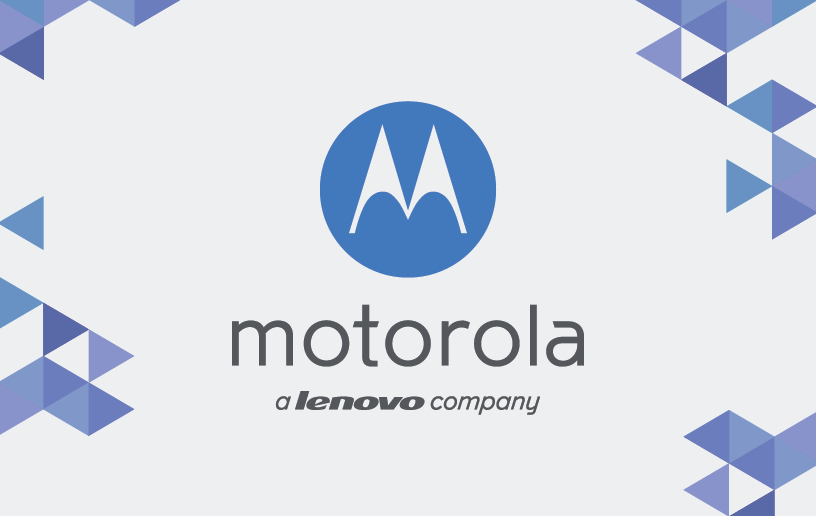
So long, Google-rola, hello Moto-novo.
Motorola’s handset business is now wholly owned by Lenovo, the most successful PC maker in the world, and currently the fourth-highest seller of smartphones. Lenovo entered into an agreement with Google back in January to purchase Motorola for $2.9 billion, a fraction of what Google spent for the handset manufacturer back in 2012.
Since joining Google, Motorola turned around its flagging smartphone business, releasing the innovative Moto X and highly successful Moto G, along with the entry-level Moto E. Lenovo buys Motorola just as it’s launching the Nexus 6 with Google — Motorola was maintained, as it will be with Lenovo, as a separate subsidiary — and coming off the success of its new Moto X and Moto G launches.

Rick Osterloh, Motorola’s current President, said in a blog post, “In Lenovo we have a partner that shares our mission and that brings global scale, a diverse product portfolio and a track record of seizing strategic opportunities and making the most of them. Together we will go farther, faster. With an impressive portfolio of smartphones, wearables and PCs, our two companies will be uniquely positioned to push the boundaries of choice and value, and bring exciting new experiences to people everywhere.
As excited as we are about what’s changing, we’re also pleased with what we are carrying forward with us. We will be a wholly owned subsidiary of Lenovo and remain headquartered in Chicago’s Merchandise Mart while maintaining offices around the world, including in Silicon Valley. The iconic Motorola brand will continue, as will the Moto and DROID franchises that have propelled our growth over the past year. We will continue to focus on pure Android and fast upgrades, and remain committed to developing technology to solve real consumer problems. And we will continue to develop mobile devices that bring people unprecedented choice, value and quality.”
Lenovo also gains immediate access to the very saturated North American smartphone market, while Motorola benefits from improved distribution in Asia, especially Lenovo’s home country of China. Despite an improved product line, Motorola was never profitable for Google, and the search giant and Android creator lost money every quarter from its handset business. Whether Lenovo can cull the fat from Motorola and turn it into a profitable venture like it did with IBM’s ThinkPad division remains to be seen.
[source]Motorola[/source]


